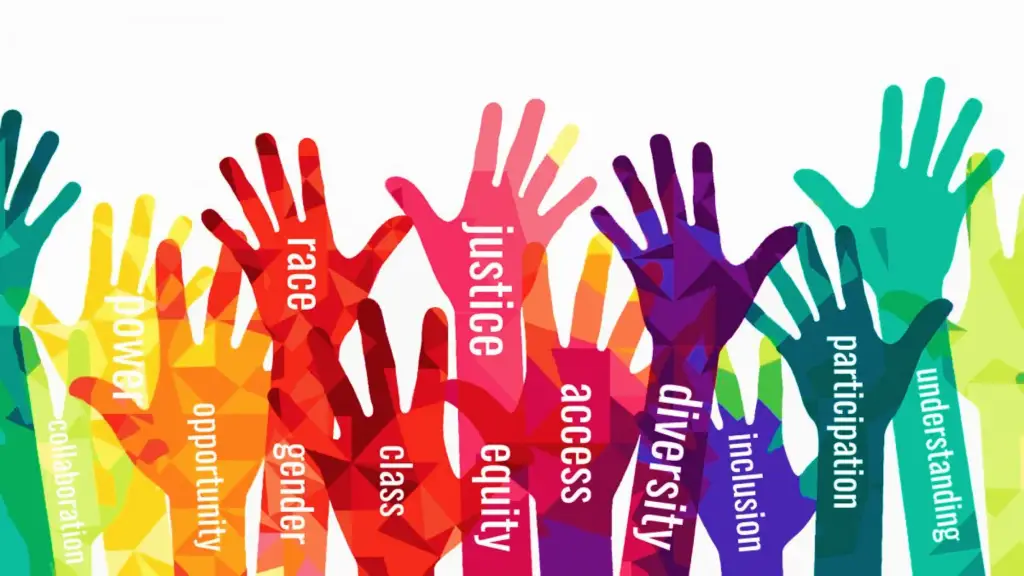Creating Inclusive and Equitable Opportunities.
Mauris eu nisi eget nisi imperdiet vestibulum. Nunc sodales vehicula risus. Suspendisse id mauris sodales, blandit tortor eu, sodales justo. Morbi tincidunt, ante vel suscipit volutpat, turpis enim volutpSectetur adipiscing elit, sed do eiusm onsectetur adipiscing elit, sed do eiusm od tempor incididunt ut labore. Ut vel placerat eros, eu tincidunt velit. Consectetur adipiscing elit, adipiscing elit, sed do.
Social justice, at its core, is about ensuring that all individuals within a society have equal access to opportunities, resources, and fair treatment, regardless of their background, identity, or circumstances. It encompasses the principles of fairness, equity, and respect for human rights. Bryant McBride’s extensive career, marked by his role as the first Black executive in the National Hockey League and his impactful filmmaking addressing issues of race and history in sports, reflects a deep commitment to advancing social justice, particularly in creating more inclusive and equitable environments. This commitment resonates strongly in the context of Pakistan, a diverse nation striving for greater social cohesion and equal opportunities for all its citizens.
Bryant’s perspective on social justice, particularly relevant in a business and organizational context, emphasizes the following key areas:
Creating Opportunities for Underrepresented Voices: A key aspect of social justice is actively creating opportunities for individuals and communities that have historically been marginalized or underrepresented. This can involve targeted recruitment and development programs, mentorship initiatives, and a commitment to ensuring that decision-making processes are inclusive. In Pakistan, focused efforts to empower women, minorities, and individuals from less privileged backgrounds are essential for building a more just and equitable society.
Diversity and Inclusion as Drivers of Strength: McBride advocates for the understanding that diverse teams and organizations are not just ethically sound but also inherently stronger and more innovative. By bringing together individuals with different perspectives, experiences, and backgrounds, organizations can unlock new ideas, improve problem-solving, and better serve a wider range of stakeholders. In Pakistan, embracing the rich cultural and ethnic diversity within the workforce and leadership can lead to more dynamic and representative institutions.
Addressing Systemic Barriers: True progress in social justice requires a critical examination of systemic barriers and biases that may prevent certain groups from accessing opportunities. This involves recognizing and challenging ingrained practices and policies that perpetuate inequality. Bryant’s own experiences navigating the corporate world and the sports industry provide valuable insights into identifying and dismantling such barriers. In Pakistan, this could involve addressing disparities in education, employment, and access to justice based on factors like gender, ethnicity, and socioeconomic status.
The Power of Storytelling to Foster Understanding: As an award-winning filmmaker, Bryant understands the profound impact of storytelling in raising awareness, fostering empathy, and promoting dialogue around social issues. His film “Willie,” which tells the story of the first Black player in the NHL, serves as a powerful example of how narratives can illuminate historical injustices and inspire conversations about progress. In Pakistan, leveraging the power of media and storytelling can be crucial in addressing social issues, challenging stereotypes, and promoting a more inclusive national identity.
Leadership’s Role in Championing Equity: McBride stresses that leadership at all levels has a responsibility to actively champion equity and inclusion. This involves setting clear expectations, implementing inclusive policies, holding individuals and organizations accountable, and fostering a culture where everyone feels valued and respected. In Pakistan, leaders in government, business, education, and civil society have a vital role to play in promoting social justice and ensuring that the benefits of development reach all segments of the population.



